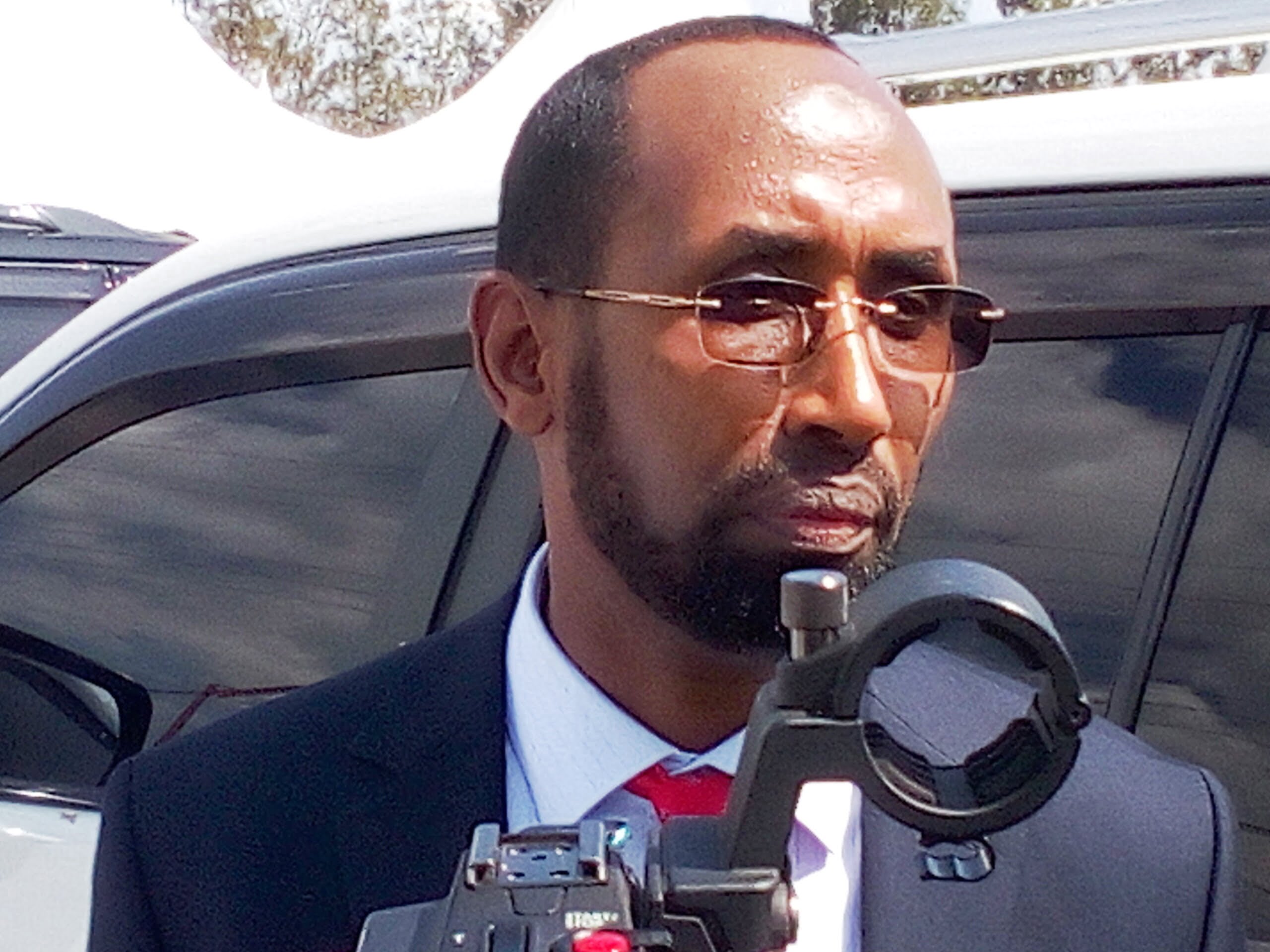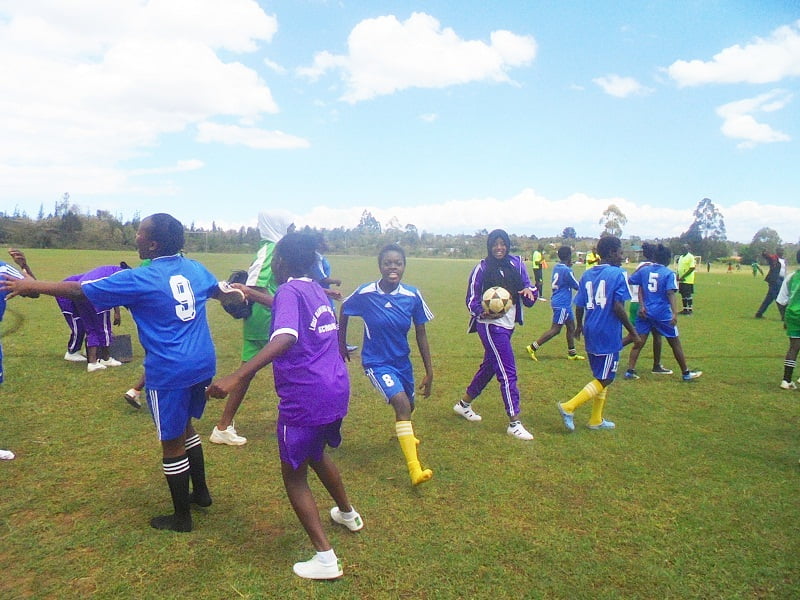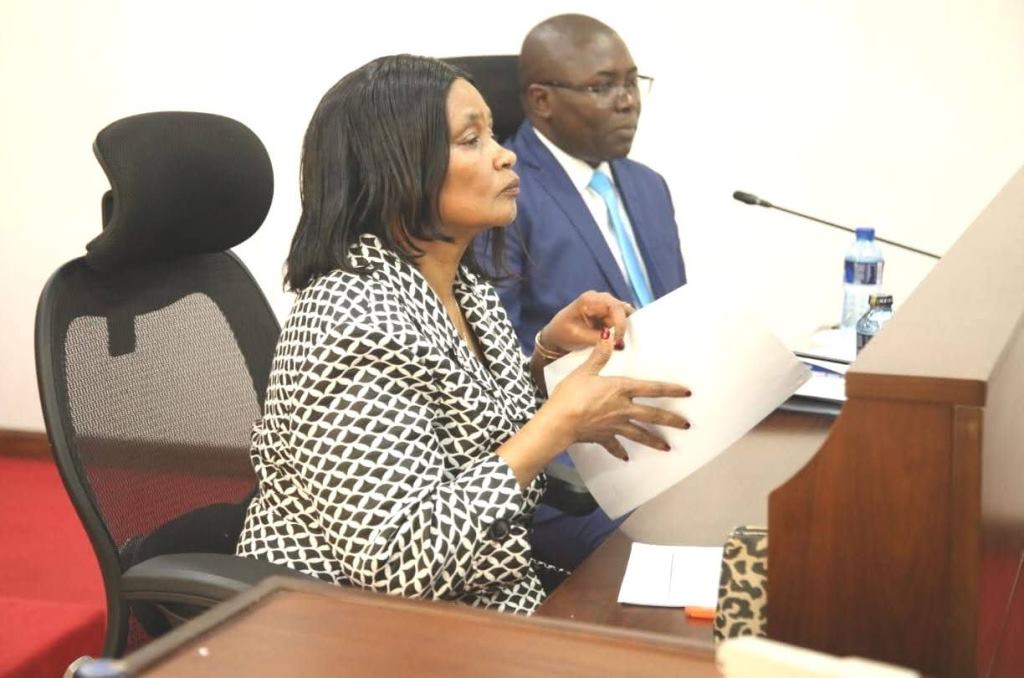A report by Mandera County Education Taskforce 2023 reveals the sorry state of Early Childhood Development and Education (ECDE) centres across the county, with only about 10 per cent of children being enrolled in these basic institutions.
According to the report, 44.6 per cent of the 312 public and private ECDE centres were sampled, yet they accounted for a combined enrollment of 17,730 ECDE learners.
The Kenya National Bureau of Statistics (KNBS) in its latest statistics projected a staggering 239,998 ECDE learners to be in school 2022 in the county, but only 10 per cent of this projection, a mere 23,477 learners, are currently enrolled.
Stakeholders confirm this low enrollment is attributed to competition from Duksi, lack of school feeding programmes, and a shortage of teaching staff.
A noticeable gender gap, too, exists; 56 per cent are boys and 44 per cent are girls in both PP1 and PP2 classes.
Most alarmingly, only 17 per cent of ECDE teachers are trained in special needs education, a substantial shortfall in teacher preparation for diverse special educational needs.
However, regarding infrastructure, 81 per cent of ECDE classrooms are permanent structure, validating claims that 258 ECDE classrooms, including six model ECDE centres in each sub-county, were constructed post-devolution.
Yet long distances to primary school-based ECDE centres are particularly challenging for four and five-year olds.
Stakeholders propose establishing centres near mosques and other secure village locations for young children’s safety and accessibility.
Inadequate learning and teaching resources are a common problem in most ECDE centres, with 78 per cent of respondents reporting they do not receive teaching and learning materials from the county government. Instead, they often have to purchase these materials themselves.
Access to safe drinking water, sanitation, and hygiene (WASH) services is crucial for healthy communities.
Shockingly, 28 per cent of visited ECDE centres do not have a source of drinking water, while 26 per cent rely on children carrying water from home.
Only 31 per cent have a storage tank, while a mere 43 per cent reported sufficient water for daily use.
Water piping systems near schools are lacking, leading to reliance on water trucking services and children transporting water.
Additionally, 56 per cent of ECDE centres lack toilet facilities, with 42 per cent using pit latrines inappropriate for young learners. There are no age-appropriate and disability-friendly toilets, and 71 per cent reported that girls’ toilets are not separate from boys’.
The data underscore the grim reality of ECDE in Mandera, with 83 per cent of respondents confirming the absence of hand-washing points for ECDE learners in their institutions.
By Viola Chepkemoi
Get more stories from our website: Education News
To write to us or offer feedback, you can reach us at: editor@educationnews.co.ke
You can also follow our social media pages on Twitter: Education News KE and Facebook: Education News Newspaper for timely updates.
>>> Click here to stay up-to-date with trending regional stories






